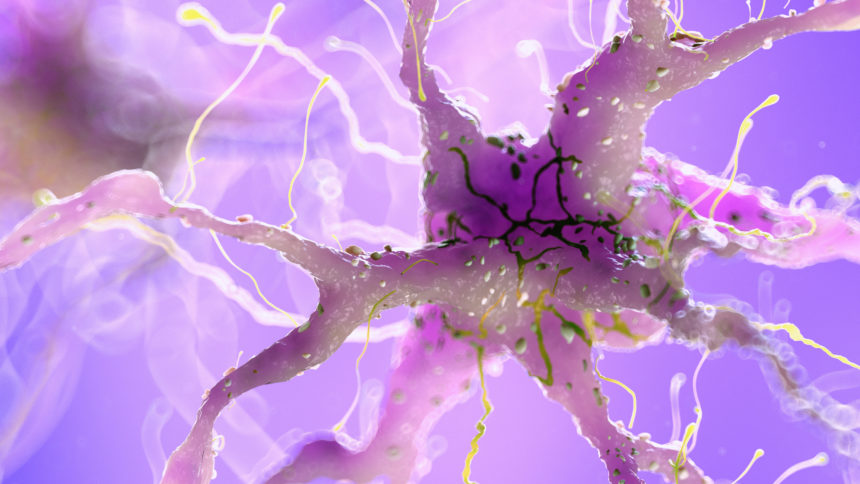
A new study published Monday in Molecular Psychiatry implicates how, exactly, cells become damaged in people with Parkinson’s disease, according to researchers of a new study.
“For the first time, we can show that mitochondria, the vital energy producers within brain cells, particularly neurons, undergo damage, leading to disruptions in mitochondrial DNA,” Shohreh Issazadeh-Navikas, a researcher from the University of Copenhagen, said in a statement.
Issazadeh-Navikas said once the neurons are damage, it “initiates and spreads the disease like a wildfire through the brain.”
“Our findings establish that the spread of the damaged genetic material, the mitochondrial DNA, causes the symptoms reminiscent of Parkinson’s disease and its progression to dementia,” Issazadeh-Navikas said.
The team looked at the brains of humans and mice. The researchers found that brain cells with defects in their antiviral response genes damage the cells’ mitochondria (or powerhouse of the cell). The team wanted to know why the damage happened and how it affected the disease progression.
“Small fragments of — actually DNA — from the mitochondria are released into the cell. When these fragments of damaged DNA are misplaced, they become toxic to the cell, prompting nerve cells to expel this toxic mitochondrial DNA,” Issazadeh-Navikas said.
“Given the interconnected nature of brain cells, these toxic DNA fragments spread to neighboring and distant cells, similar to an uncontrolled forest fire sparked by a casual bonfire” she added.
Detecting the damaged mitochondrial DNA could be some form of early biomarker to spot the disease early. The damage of the mitochondrial DNA in the brain cells could possibly leak from the brain into the blood, she said.
“That would make it possible to take a small sample of a patient’s blood as a way of diagnosing early on or to establish the favorable response to future treatments,” she added.
A study out in August found that damage to mitochondrial DNA was implicated in Parkinson’s disease.




